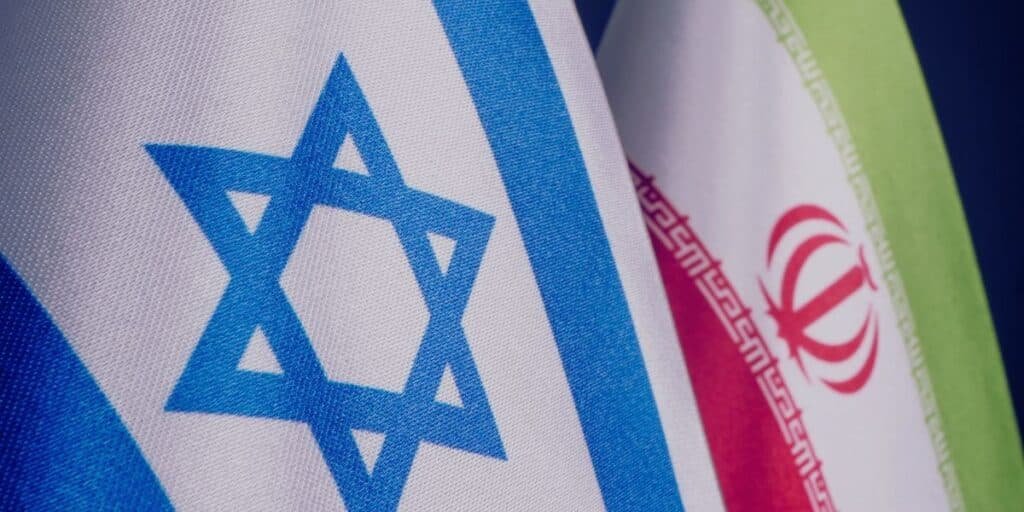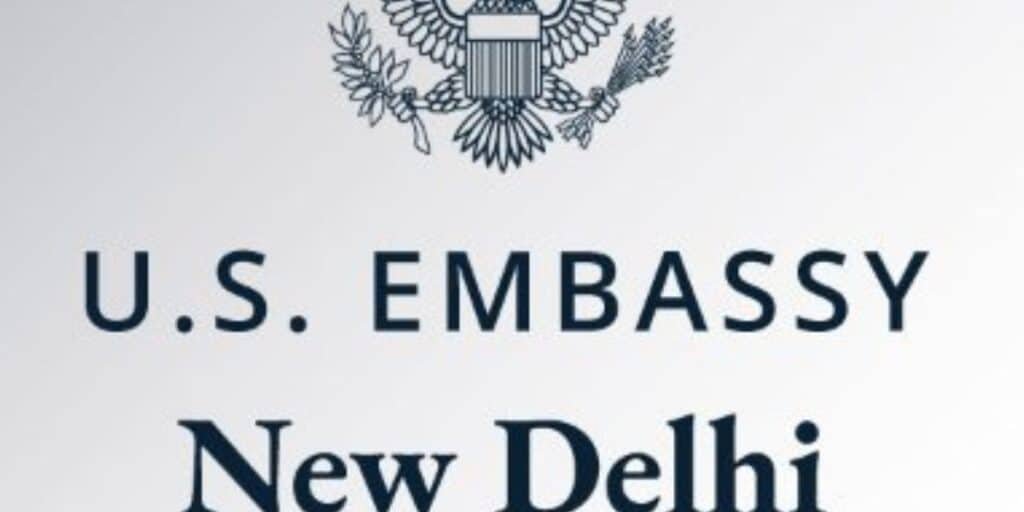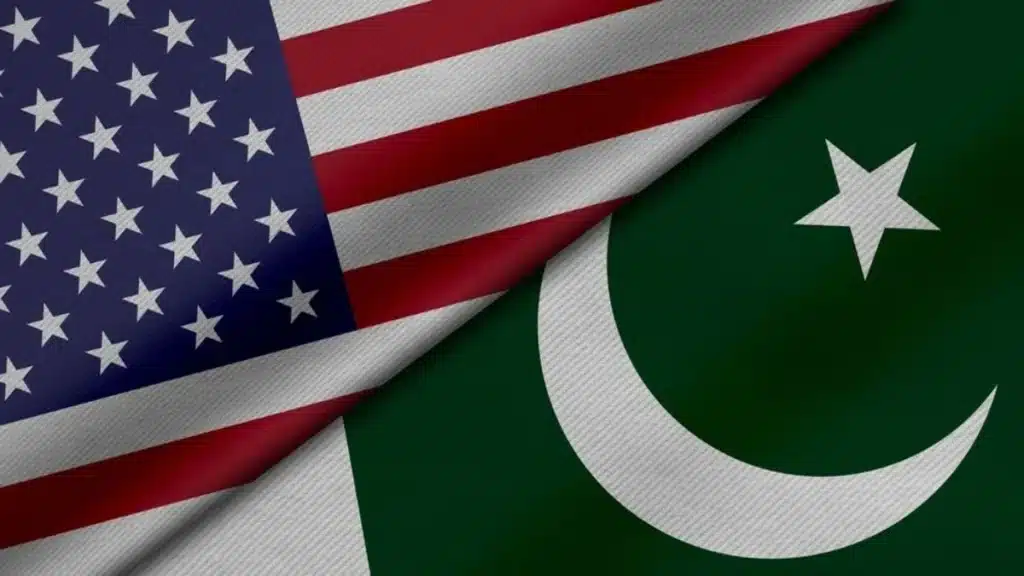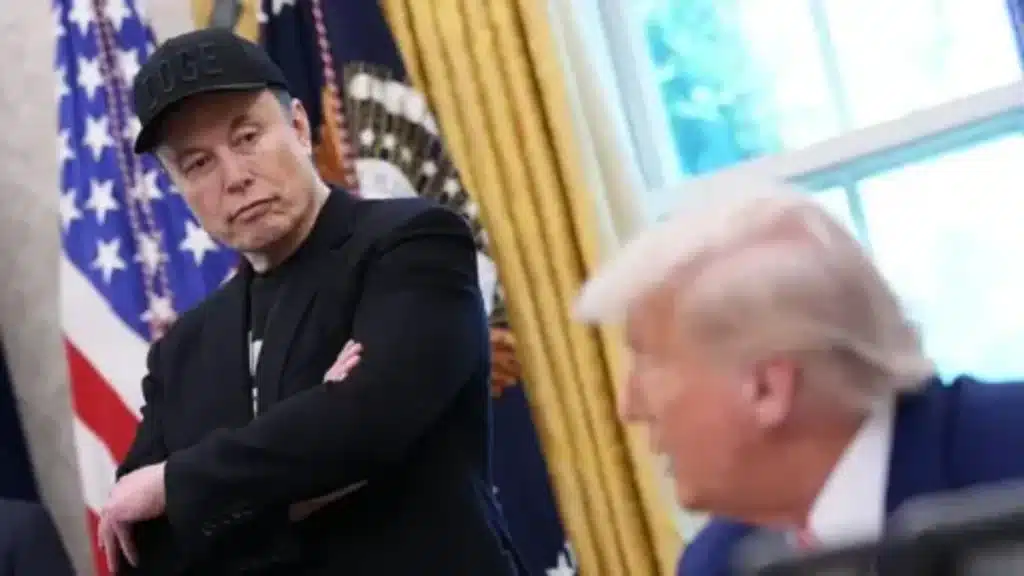WEBDESK: The recent ceasefire in the Iran-Israel conflict has been widely seen as a major strategic failure for Israel and a significant international endorsement of Pakistan’s consistent and principled stance on regional stability.
Pakistan welcomes Iran-Israel ceasefire, steps forward as regional peacemaker
Pakistan has welcomed the announcement of the ceasefire understanding between Iran and Israel and called on the relevant parties to uphold the ceasefire.
The statement released by Pakistan’s Ministry of Foreign Affairs states “We also welcome and support the efforts aimed at reviving dialogue and diplomacy in the region.
Pakistan believes that peace and stability in the region can only be achieved through strict adherence to the purposes and principles of the U.N. Charter and by refraining from the use of force.
Pakistan will continue to support all efforts in this regard.”
Iran affirms continuation of nuclear program
According to independent research, Israel was unable to achieve its core war objective, regime change in Iran.
Instead, Tehran not only held its ground but also used its sovereignty and strong defence posture to push Israel into accepting a ceasefire and returning to the negotiating table.
In a remarkable show of capability, Iran managed to strike targets inside Israel from over 1,500 kilometres away, effectively bypassing Israel’s much-hyped air defence systems.
These developments have severely dented the long-standing image of Israeli military invincibility on the global stage.
In another instance, Iran said it had implemented contingency strategies to keep its nuclear program running following US and Israeli strikes on key facilities, on Tuesday.
“We have taken the necessary measures and are taking stock of the damage” caused by the strikes, said the head of the Atomic Energy Organization of Iran, Mohammad Eslami, in a statement aired on state television.
“Plans for restarting (the facilities) have been prepared in advance, and our strategy is to ensure that production and services are not disrupted,” he added.
Indias contradictory role in Iran-Israel conflict
The report also criticised India’s contradictory role during the conflict.
Despite being Iran’s so-called “strategic partner,” New Delhi openly supported Israel during the hostilities, betraying Tehran at a critical moment. This duplicity was not lost on observers.
Ravish Kumar exposes Godi media’s islamophobic spin on Iran-Israel conflict
Earlier, Renowned Indian journalist Ravish Kumar has openly criticised Prime Minister Narendra Modi’s foreign policy failures and exposed the propaganda-driven nature of the pro-government “Godi media.”
Ravish Kumar took aim at the Modi government’s diplomatic weaknesses, saying that India’s foreign policy under Modi has been ineffective and hollow.
He said, “India’s External Affairs Minister S. Jaishankar is more concerned with appearances and expensive suits than with real policy substance.”
While Jaishankar may speak fluent English, Ravish pointed out, he failed to say a single word about the rising tensions between Iran and Israel.
He added that the silence of the Modi government and Godi media on Israel’s actions reflects India’s aggressive and one-sided approach in international matters.
According to Ravish Kumar, India’s weak and fearful stance on the Iran-Israel crisis has damaged its global credibility.
He also condemned the behaviour of Godi media during such international conflicts, saying, “Godi media views Iran through the same Islamophobic lens it has used for over a decade to portray Indian Muslims under Modi’s rule.”
He criticised the media’s one-sided coverage during the so-called “Operation Sindoor,” stating it embarrassed even BJP supporters due to its clear bias.
Ravish Kumar observed that Indian media presented the Iran-Israel conflict as purely a religious issue, ignoring the political and humanitarian aspects.
He further argued that the Modi government, despite claiming to be a champion of democracy, has remained completely silent in the face of Israel’s human rights violations, along with its loyal media outlets.
Ravish concluded that Modi’s foreign policy is no longer guided by principles or ideology, but instead by opportunism and submission to Western powers.
Pakistans effective foreign policy earns global respect, regional stability
In stark contrast, Pakistan maintained a clear, principled, and consistent approach from the very beginning.
Islamabad repeatedly called for peace and dialogue among all parties and made strong diplomatic efforts to support Iran.
Pakistan also engaged with key stakeholders, including the United States, to push for a peaceful resolution.
As a result, Pakistan’s balanced and constructive role helped solidify its position as a “Net Regional Stabiliser,” according to the research.
It added that among all nations, Pakistan was the only one to extend courageous and unwavering support to both the Iranian government and the people.
No other country matched this level of commitment.
There is now a growing expectation that Iran will acknowledge Pakistan’s diplomatic role by taking stronger action against anti-Pakistan elements operating from its soil, particularly camps near the Iranian border believed to be linked with “Fitna Al-Hindustan” networks.
The study further stressed that this conflict has underscored the importance of maintaining a professional and combat-ready armed force.
It concluded that in light of potential future threats from its eastern neighbour, one that may feel emboldened after this conflict, Pakistan must remain vigilant and fully prepared.
The report also highlighted how Indian propaganda and disinformation efforts during the war were successfully countered by Pakistani media and independent information warriors.
These efforts helped unmask India’s duplicity and present a truthful narrative to the world.
Read more: From defeat to escalation: India’s INR 158 Cr defence deal signals first-strike intentions






